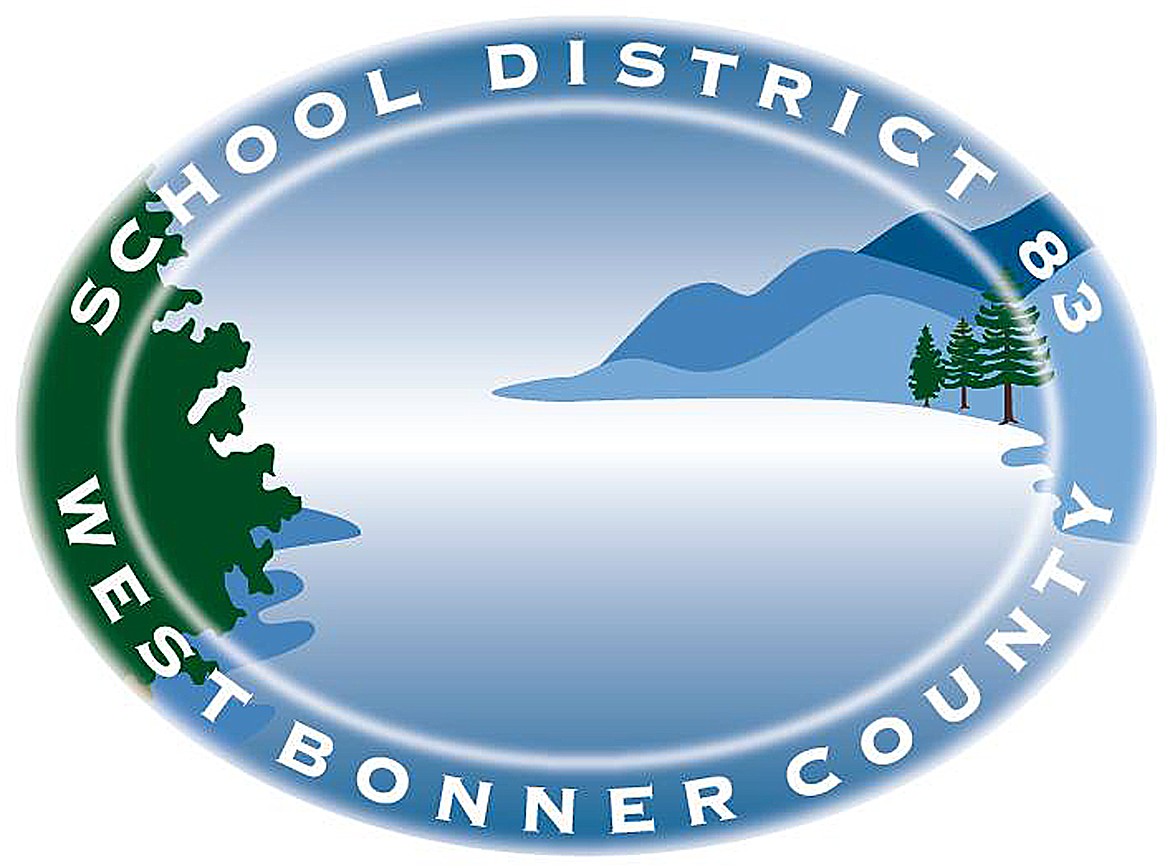WBCSD fights for facility funding
PRIEST RIVER — West Bonner School County District board members at the June 17 meeting collectively agreed the pursuit of facility funding is a priority that will require a new approach from previous years.
As a result, a draft of Idaho School Board Association’s resolution to expand IC 33-1017 will return as an action item for the next WBSCD board meeting. The statute outlines additional funding opportunities for school capital improvement projects in Idaho.
“It’s also refreshing to our taxpayers that we are looking for funding other than a bond or a levy,” board chairman Sandy Brower said. “We are trying to get the state to step up, so I think that’s going to carry some weight.”
The School Safety and Health Revolving Loan and Grant Fund (IC 33-1017) is a grant program which was introduced 20 years ago to Idaho’s law. The program, according to code, exists to maintain or improve facilities that do not meet health or safety conditions. School districts that have already levied the maximum amount of levies or declared a financial emergency for their repairs can still apply for and receive grant funding, which appealed to all board members. According to IBSA’s proposed resolution, “the passage of a bond requires two thirds majority of the electorate in the school district, making it difficult to pass a bond to address such capital improvement’s needs.”
Trustee Margaret Hall has actively spoken to North Idaho legislators about West Bonner’s education funding needs for critical capital improvement projects and has since discovered two potential funds that could support the school district if language for IC 33-1017 is expanded. Discussion on this proposed code change will take place in July.
Along with language adjustments, Hall suggested creating criteria for a competitive fund, similar to Washington State's High-Performance School Building Program that has grown tremendously over the past 16 years. Like this program, the creation of a competitive fund would assess return on investment, provide sustainable solutions for environmental concerns and improve the quality and competitiveness of proposals for grant money requested from state and federal agencies or other outside organizations. “I think we have gone down this road enough times,” Hall said, “and this may be going about it a different way.”
Superintendent Paul Anselmo said Idaho Department of Lands could be another facility funding resource. IDL has committed to delegating a percentage of their funds to public education, specifically on construction projects. “But, that would take a substantial amount of money,” he said.
ISBA’s second draft resolution to WBCSD was on funding for full-day kindergarten. “The funding of kindergarten at the same rate as all other elementary students would allow districts and charters more flexibility in bridging the gaps seen in early childhood literacy,” ISBA said in their resolution statement. An estimated $52 million would be needed to assist the schools with full-time teachers and educational resources for the public and charter schools in the district.
Half-day kindergarten teacher Maureen Paterson told the board members she opposed a full-day kindergarten program because her students have struggled to stay focused in a classroom setting. Paterson said some students miss their parents so much that they schedule family visits during lunch to keep them emotionally regulated.
“The sooner we toss them into schools, the sooner we are asking them to grow up,” Paterson said. “On behalf of the health and welfare of our children, do not make our schools a babysitting service.”
Anselmo said the need for full-day kindergarten has increased in the past few years, due to lower reading scores that slipped when schools reduced their education services to half-day programs. Many schools now have a mixed schedule with alternating half and full days daily or weekly.
“In the state of Idaho everything is optional, Anselmo said. “There is no requirement for a student to be in kindergarten to be in first grade.”
This item will not be revisited at the July meeting.
Aly De Angelus can be reached by email at adeangelus@bonnercountydailybee.com and follow her on Twitter @AlyDailyBee.

